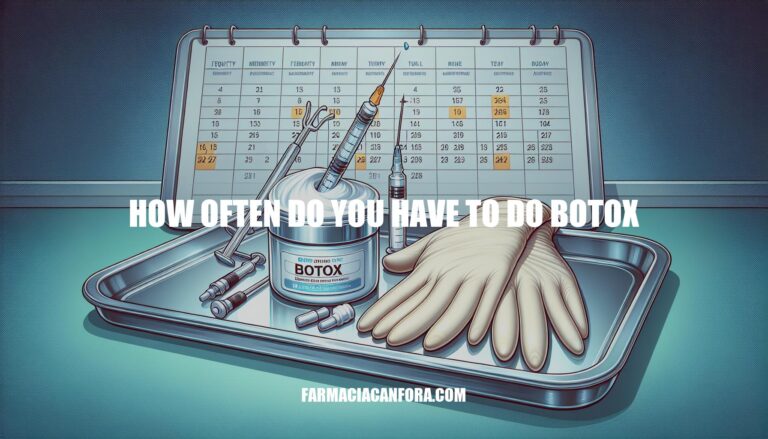


Botox is a popular cosmetic treatment that uses a neurotoxin to temporarily relax muscles, reducing the appearance of wrinkles and fine lines. People are often curious about how frequently they need Botox treatments to maintain their desired look, as the effects typically last around three to four months. Understanding the timing helps them plan and budget for ongoing treatments.
Botox treatments are generally recommended every three to four months. This frequency is suggested because the effects of Botox typically last for about three to four months. After this period, the muscle activity gradually returns, and wrinkles or lines may start to reappear.
Regular treatments help maintain the desired results by continuously relaxing the targeted muscles. Over time, some people may find that their muscles adapt and require less frequent treatments. This adaptation can lead to longer intervals between sessions as the muscles learn to contract less.
Here are the factors that can influence how often you need Botox:
Long-term use of Botox can lead to a reduction in the frequency of treatments over time. This happens because the muscles being treated may adapt and become trained to contract less, which prolongs the efficacy of each injection. Additionally, as muscles weaken from lack of use, they may require less frequent treatments to maintain the desired effect. However, some individuals might develop a tolerance, necessitating higher doses to achieve the same results.
It’s crucial to consult with a healthcare professional to determine how often you should get Botox. Your provider will tailor the treatment schedule based on your personal needs and medical advice, ensuring the best and safest results for you.
Botox treatments are typically recommended every three to four months, but individual factors such as metabolism, treatment area, desired results, age, muscle strength, lifestyle, and previous Botox experience can influence the frequency of treatments.
Regular treatments help maintain desired results, and long-term use can lead to a reduction in treatment frequency over time. However, it’s essential to consult with a healthcare professional for personalized guidance on how often you should get Botox.